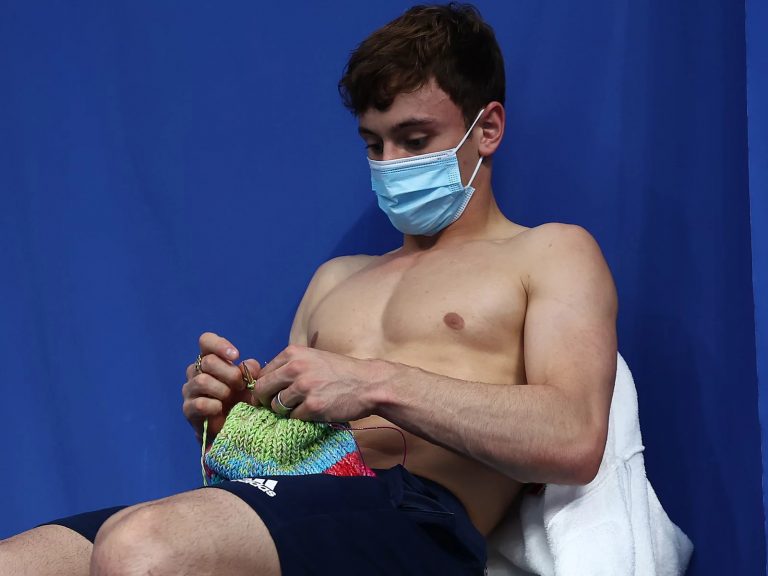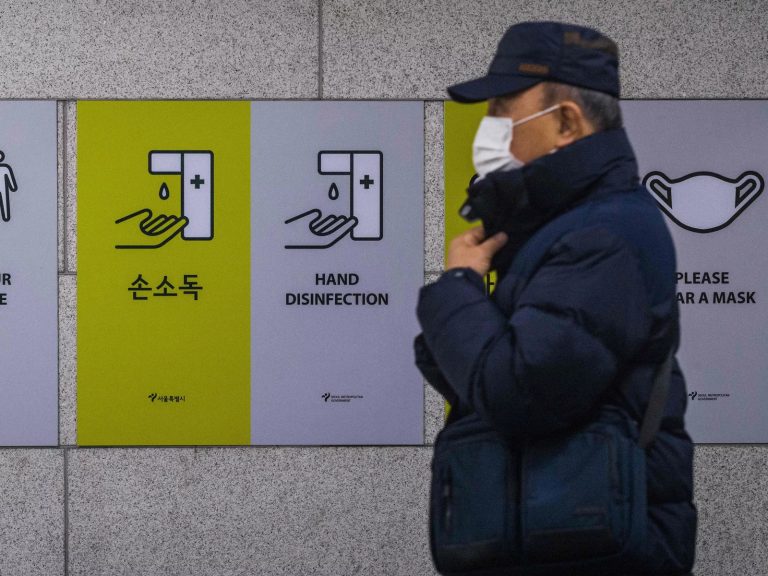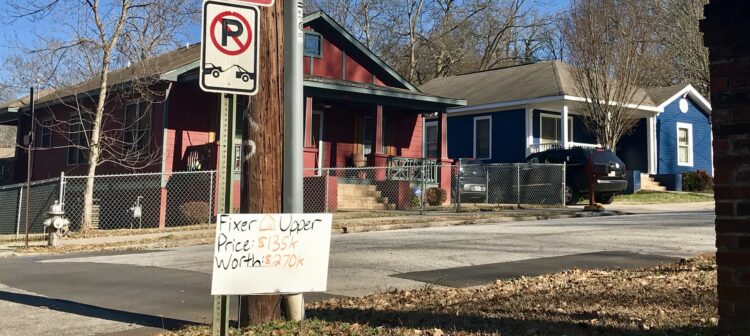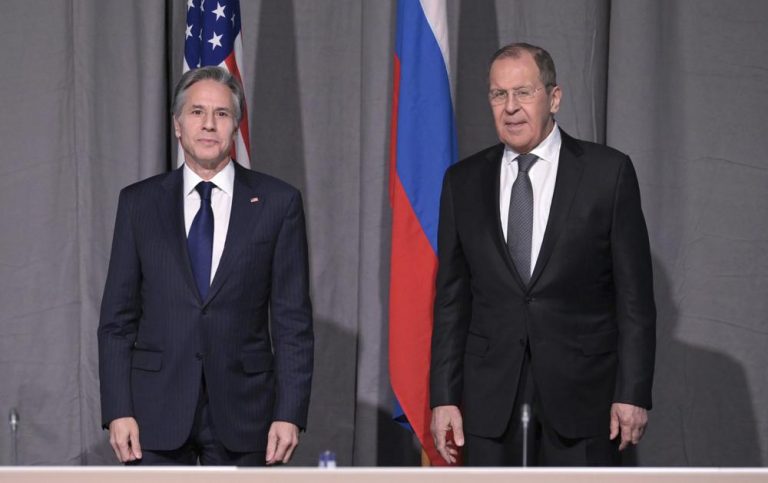By Khalil Abdullah, Ethnic Media Services
The Louisiana legislature’s committee on redistricting has only four more public hearings remaining of the 10 scheduled Legislative Redistricting Roadshow events held at geographically key venues around the state. The Roadshow’s first public session was in October, in Monroe, and will close with a hearing on January 20, 2022, in the state capital, Baton Rouge – its second of two hearings there.
At the Roadshow’s conclusion, according to state Rep. Royce Duplessis, a redistricting committee member, the committee will meet in February, likely for two or three weeks. Members will debate and consider alternative maps for congressional and state districts. After they reach agreement, the maps will be made public and sent to the full legislature for consideration. If and when approved by the legislature, the maps will then go to the governor for his signature into law.
The state’s Democratic Gov. John Bel Edwards might veto the proposed maps. He may determine the maps to be too highly partisan, or that the voting power of minority communities has been unfairly diminished by design. His veto could be overridden by the Republican majority legislature.
Duplessis said that Gov. Edwards so far has given no indication of whether he would exercise his veto power. Duplessis also noted that this is the first time since the Voting Rights Act was passed in 1965 that Louisiana will not have to submit its proposed maps to the federal government for approval due to its past history f discriminatory practices that primarily targeted African American voters. In 2013, the Supreme Court stripped that provision from the VRA.
The Roadshow is designed to seek public input on how residents perceive and identify their communities; how they define their interests, social affiliations, and geographical boundaries. Residents’ comments and opinions, in an ideal restricting process, should carry weight in where legislators draw the lines of Louisiana’s two Senate and six U.S. House districts as well as its state legislative districts.
Redistricting occurs every 10 years after the release of the constitutionally mandated census. “Where there’s population loss or where there’s population gain, the maps have to change,” explained Duplessis. “It’s like the laws of physics.”
Duplessis spoke at a redistricting symposium for media sponsored by the Power Coalition for Equity and Justice, Spotlight PR, and Ethnic Media Services. Morgan Shannon, Deputy Director of the Power Coalition served as moderator.
Louisiana has gained in population since 2005’s Katrina-driven losses, but is still only eligible, under federal formulas, to retain its pre-Katrina era’s six congressional seats. Duplessis said that 40 percent of Louisiana’s populace is now comprised of people of color, with African Americans constituting 33 percent of the state. Only one African American from Louisiana currently serves in the U.S. House of Representatives, which constitutes only “17 percent representation at the federal level. So that is a big part of the conversation we’re having now.”
Redistricting is not only about who is elected. There is an obligation for elected officials to represent all residents as well as eligible voters. As Denise Ramos, Community Organizer, NOLA Garifuna Community Services, pointed out, redistricting is also about community voices being heard. “In order for legislators to serve us, they need to be privy to our needs.”
The Garifuna in New Orleans and Louisiana, in modern times, typically hail from Belize and Honduras as countries of origin. A people of African, Carib, and Arawak descent, Spanish is often the primary language of discourse. Lack of language access to information about vital services continues to negatively affect communities of non-primary English speakers, a harsh reality that impacts the Asian American community as well.
Jacqueline Thanh, Executive Director, VAYLA New Orleans, speaking about the history of Asian Americans in the United States, said, “there is a history of exclusion and xenophobia long before the pandemic.” She contended that where political apathy exists among the increasingly diverse and expanding Asian American community, “it’s primarily driven by lack of meaningful and intentional outreach.”
Thanh, the daughter of Vietnamese immigrants, emphasized that learning how to navigate America’s cultural, social, and political dynamics is driven by language access. Translation services “are not optional but essential,” she argued.
Thanh leads an organization that, from its inception, engaged in grassroots, inter-generational, and multi-ethic dialogues around community issues and public policy. “We’re working in solidarity with Black and Brown communities because we’re part of this community,” Thanh said.
Carlos Pollard Jr., a Redistricting Fellow with Power Coalition/Southern Coalition for Social Justice, reminded attendees that restricting also occurs at every level where there is elected representation. Cities and counties also have to draw lines as populations shift.
For Pollard, now 23, fair redistricting would mean the prospect of a better future. “It’s important for me to get involved in this process right now because these maps are going to determine the next years for my life,” Pollard said, “and even [for] the people coming after me, my little brother who’s only eight, or my little cousins that are teenagers.”
Media questions ranged from inquiries about fair maps and proportionate representation of minority communities to the challenges of gentrification and housing tax policies.
Rep. Duplessis emphasized that public participation in the Legislative Redistricting Roadshow is not only critical to establishing a public record, particularly if the legislature’s maps are challenged in court, but also generates a very human impulse among legislators. “Once they know people care and people are listening, they respond,” he said of his legislative peers.











